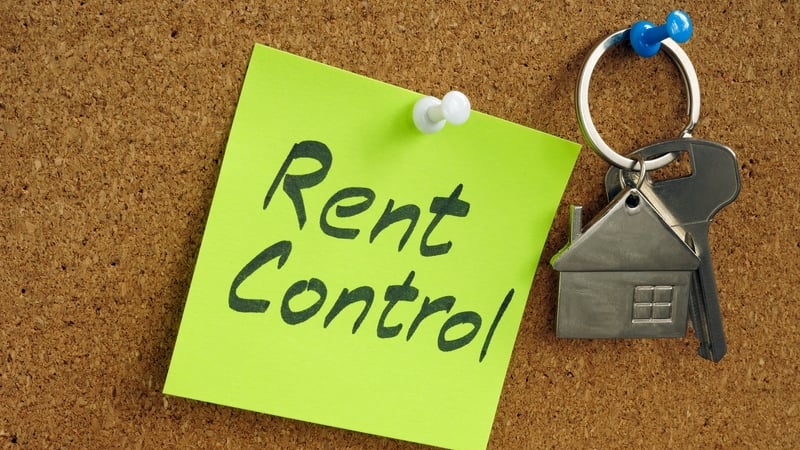They were warned. In December 2016, when the then Fine Gael-led government first introduced rent controls it was told they would damage the supply of new homes.
“It is a retrograde step,” said Goodbody Stockbrokers’ chief economist Dermot O’Leary at the time.
“From an investor’s perspective, the motivation to enter the Irish private residential sector is reduced by this policy and should have knock-on negative implications for new supply,” he said.
That was echoed by David McNamara, analyst with stockbrokers Davy, who said: “The optics of further government intervention in the market is obviously negative in terms of investment.”
Their concern was that rent controls would discourage investors from funding the construction of urgently needed new homes, reducing the supply of accommodation and worsening the housing crisis.
But economics and politics are not always easy bed fellows.
The warnings were drowned out by calls to control rising costs for tenants.
Then Minister for Housing Simon Coveney pressed ahead with a plan to limit rent increases to 4% per annum in Dublin and Cork.
Initially the measures were supposed to be for three years under an agreement reached by Fine Gael with Fianna Fáil, which supported the minority coalition.
But the rent controls continued and were expanded to encompass most large urban centres and commuter belts.
The current limit is a 2% cap which is due to expire at the end of the year.
Now the new Coalition of Fianna Fáil, Fine Gael and Independents is reviewing the restrictions amid concerns they have reduced the supply of homes.
Ministers are particularly spooked by figures last month from the Central Statistics Office showing a 24% drop in the number of apartments completed last year.
Pat Farrell, chief executive of Irish Institutional Property, which lobbies on behalf of large investors such as pension funds, has blamed that “significant drop” on rent controls.
Now the state’s Housing Agency has been tasked with reviewing the existing measures and it is due to report to the Government by the end of March.
The question of whether to alter the existing arrangements will form part of an “options paper” to be presented to ministers.
This week, the Organisation for Economic Cooperation and Development (OECD) recommended that landlords should be free to set rents at the end of a tenancy, which is a significant change from the existing limits.
There is no doubt the current controls have sheltered tenants from rent hikes which would have happened if landlords were not subject to restrictions.
However, unwinding them or even altering them will be a political and social nightmare for the Government.
Depending on the final decision, tenants or possibly only new renters could face steep increases in a market which has become unaffordable for thousands who are stranded at home with parents.
The new Coalition is in a lose-lose situation.
Leaving the status quo untouched means reduced investment from the private sector, resulting in fewer houses and apartments – stoking the housing crisis.
Relaxing the current restrictions means steeper rents and accusations that the Coalition has caved in to high-rolling investors at the expense of the less well-off.
A reduction in the supply of new homes arising from restrictions on how much landlords can charge is not unique. The same issue has happened in other countries.
But the Government cannot say it was not warned. It was.




